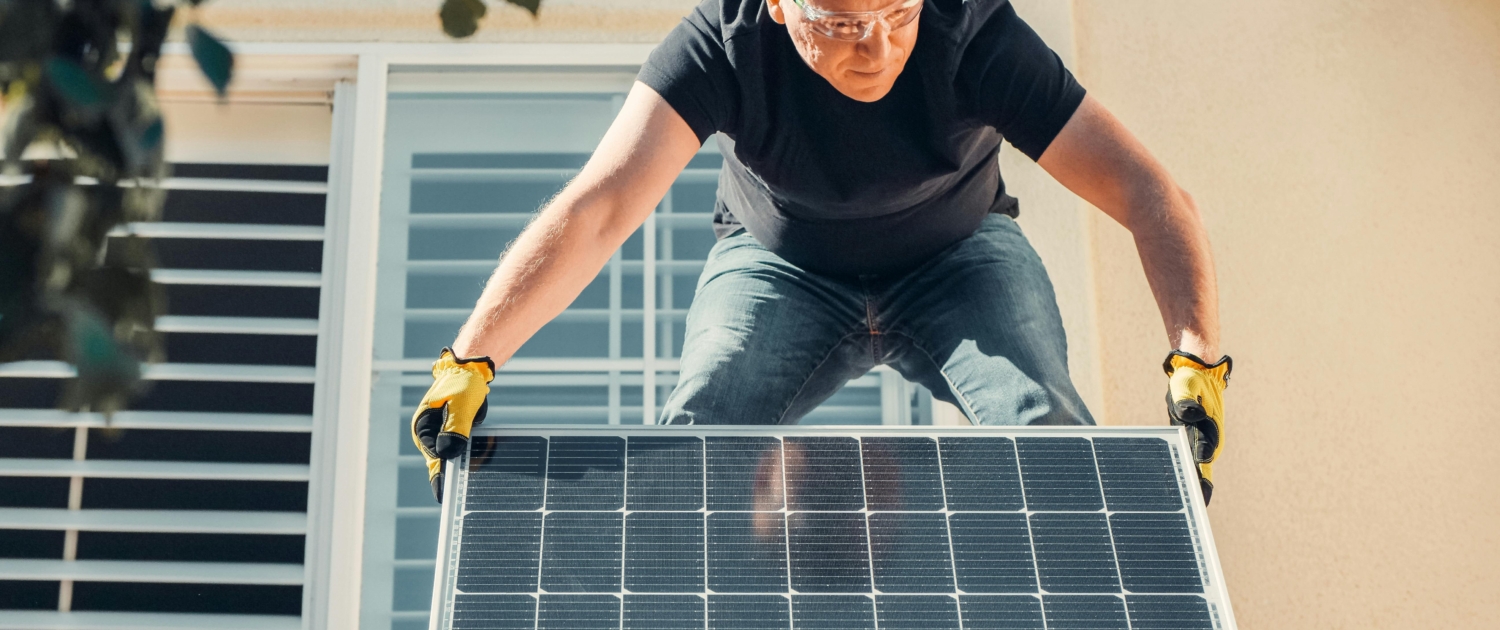
Critical Updates on Energy Credits
In a move that garnered widespread attention, the One Big Beautiful Bill Act (OBBBA) accelerated the expiration dates of several energy tax credits. Given the shortened windows for claiming these benefits, taxpayers are encouraged to pay careful attention to the updated rules and deadlines to ensure they do not miss out on potential savings.
Overview of expiring credits under OBBBA
Section 25C – Energy Efficient Home Improvement Credit
This credit remains available for qualifying property placed in service through December 31, 2025. If you’re planning to install energy-efficient windows, doors, or similar upgrades, make sure the installation is completed by the end of 2025. Manufacturers are no longer required to submit periodic reports to the IRS but must still register to keep their products eligible.
Section 25D – Residential Clean Energy Credit
Also expiring December 31, 2025, this credit depends on the installation completion date, not the purchase date. If installation of solar panels or other qualifying systems finishes after the deadline, the credit cannot be claimed—even if paid for in advance.
Section 25E – Previously Owned Clean Vehicles Credit
This credit expired on September 30, 2025. To qualify, taxpayers needed to have a binding contract and made a payment or trade-in before that date. If you met those conditions, you may still claim the credit when you place the vehicle in service.
Section 30C – Alternative Fuel Vehicle Refueling Property Credit
Still available for property placed in service through June 30, 2026, this credit supports installation of EV charging stations and hydrogen fueling infrastructure.
Section 30D – New Clean Vehicle Credit
This credit also expired on September 30, 2025. Like the previously owned vehicle credit, eligibility required a binding contract and payment before the deadline. If you met those conditions, you may still claim the credit upon placing the vehicle in service.
Section 45L – New Energy Efficient Home Credit
Available for qualified homes acquired before June 30, 2026. Developers and buyers should plan accordingly to ensure eligibility.
Section 45W – Qualified Commercial Clean Vehicle Credit
This credit expired on September 30, 2025. Commercial entities that met the acquisition criteria before the deadline may still claim the credit when placing vehicles in service.
Section 179D – Energy Efficient Commercial Buildings Deduction
Projects must begin construction by June 30, 2026 to qualify. Property owners planning retrofits or new builds should act soon to secure eligibility.
Practical Considerations
With some deadlines already passed, now is the time to review your records and ensure you’ve met the necessary criteria for any credits you intend to claim. For vehicle purchases made before September 30, 2025, ensure you have:
- A binding contract and payment documentation
- A “time of sale” report from the dealer
- Proof of when the vehicle was placed in service
For ongoing home or commercial projects, make sure installation or construction is completed by the relevant cutoff dates.
If you registered for the Energy Credits Online portal before September 30, 2025, you can still use it with limited functionality. New user registration is now closed.
Special Issues
Even if you acquired a vehicle before the deadline, the credit transfer election only occurs at the time of sale—when you officially take possession. Be sure to document this carefully.
Manufacturers must remain registered with the IRS to keep their products eligible for credits like Section 25C. Taxpayers should monitor IRS updates for any changes to guidance.
Take Action While Opportunities Remain
Whether you’re planning energy-efficient upgrades or commercial construction, acting promptly can help you preserve access to valuable tax incentives. HTB’s tax professionals are here to help you navigate these opportunities with confidence. Reach out with questions or to schedule a planning session tailored to your goals.
